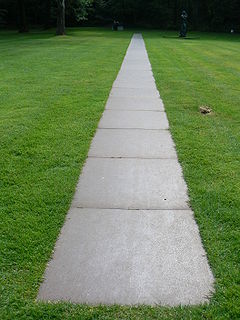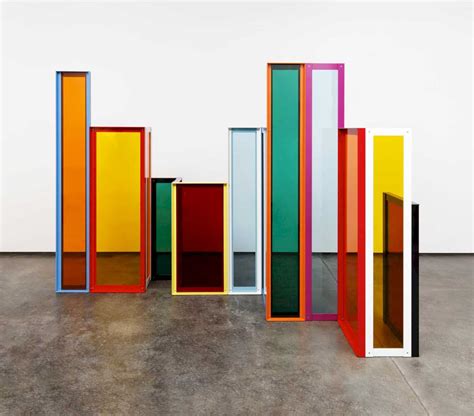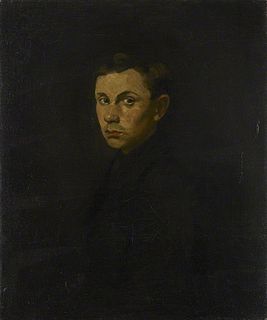A Quote by Carl Andre
Lenin thought abstract art was a conspiracy by the bourgeois to demoralize the proletariat. Yeah, socialist realism!
Quote Topics
Related Quotes
More than one branch of the avant-garde, claiming to break with the bourgeois vision and mode of production, remains tied to it in spite of its denials and ex-communications. We are far from having overcome bourgeois thought or practices, despite the socialist "intermission" between the Russian revolution and the collapse of the Berlin wall. The avant-garde has lost its radical nature. On the other hand, "bourgeois theatre" is sometimes subtle enough to flirt with the avant-garde or to make "intelligent boulevard theatre.
The bourgeoisie, which far surpasses the proletariat in the completeness and irreconcilibility of its class consciousness, is vitally interested in imposing its moral philosophy upon the exploited masses. It is exactly for this purpose that the concrete norms of the bourgeois catechism are concealed under moral abstractions...The appeal to abstract norms is not a disinterested philosophic mistake but a necessary element in the mechanics of class deception.
Abstract understanding doesn't mean arbitrary sloshing and messing. Abstract art is controlled visual magic based on laws and methodology. Abstraction generally involves implication, suggestion and mystery rather that obvious description. Like a good poem, a good abstraction attacks your feelings before your understanding. Abstraction within realism adds zest and excitement to otherwise dull subject matter. Abstract understanding takes time and patience.
People think that the art market is about opportunists and hedge-fund managers getting broken art, but what really happened is that there was a new configuration of bourgeois values in the U.S. and an acceptance among the bourgeoisie of contemporary art as an idea. I think that bourgeois people are horrible.
Capitalism has been fully restored in Yugoslavia, as is well-known, but this capitalism knows how to disguise. Yugoslavia portrays itself as a socialist state, but of a special kind, as the world has never seen it before! The Titoites even boast that their state has nothing in common with the first socialist state which emerged from the socialist October Revolution and which was founded by Lenin and Stalin on the basis of the scientific theory of Marx and Engels.
Modern abstract art starts in Russia in about 1915 with Malevich, and then the Russian Revolution happens, and eventually all that experimental art gets squashed and social realism comes back into play. All of a sudden, Malevich is no longer painting black squares; he's painting peasants in colorful schmattas.







































